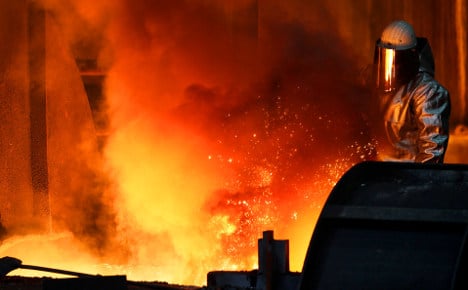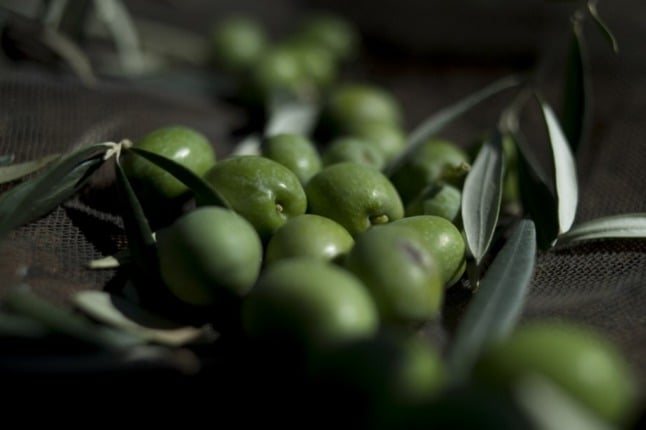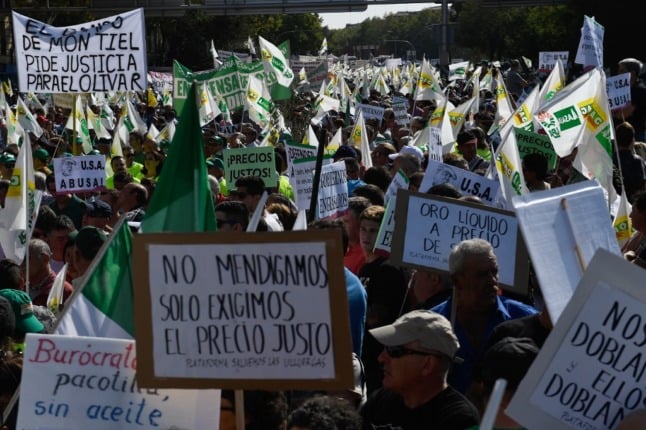ThyssenKrupp said in a statement it booked bottom-line net loss of €1.783 billion in the 12 months to September compared with profit of €927 million a year earlier, on a 15 percent rise in sales to €49.09.
The group — the world’s fourteenth biggest steelmaker and also a leading manufacturer of elevators, submarines and car parts — explained that it had decided to write down €2.9 billion on its US and stainless steel businesses because book values of those assets were “no longer in line with market conditions.”
There had been cost overruns on the construction of a plant in Brazil, which could not be offset in the near term and there was renewed weakness of the markets in the US and Europe, “which is hampering market entry for the products of the Steel Americas business area,” it said.
“The current environment is not easy,” said chief executive Heinrich Hiesinger, who took the reins of ThyssenKrupp at the beginning of the year. But “writedowns show that we’re doing everything necessary,” he said.
ThyssenKrupp shares were among the biggest losers on the Frankfurt stock exchange on Friday, showing a loss of nearly 2.0 percent in a generally firmer market, despite the announcement that the group intended to pay a stable dividend of €0.45 per share for the 2010/2011 financial year.
AFP/jcw




 Please whitelist us to continue reading.
Please whitelist us to continue reading.
Member comments